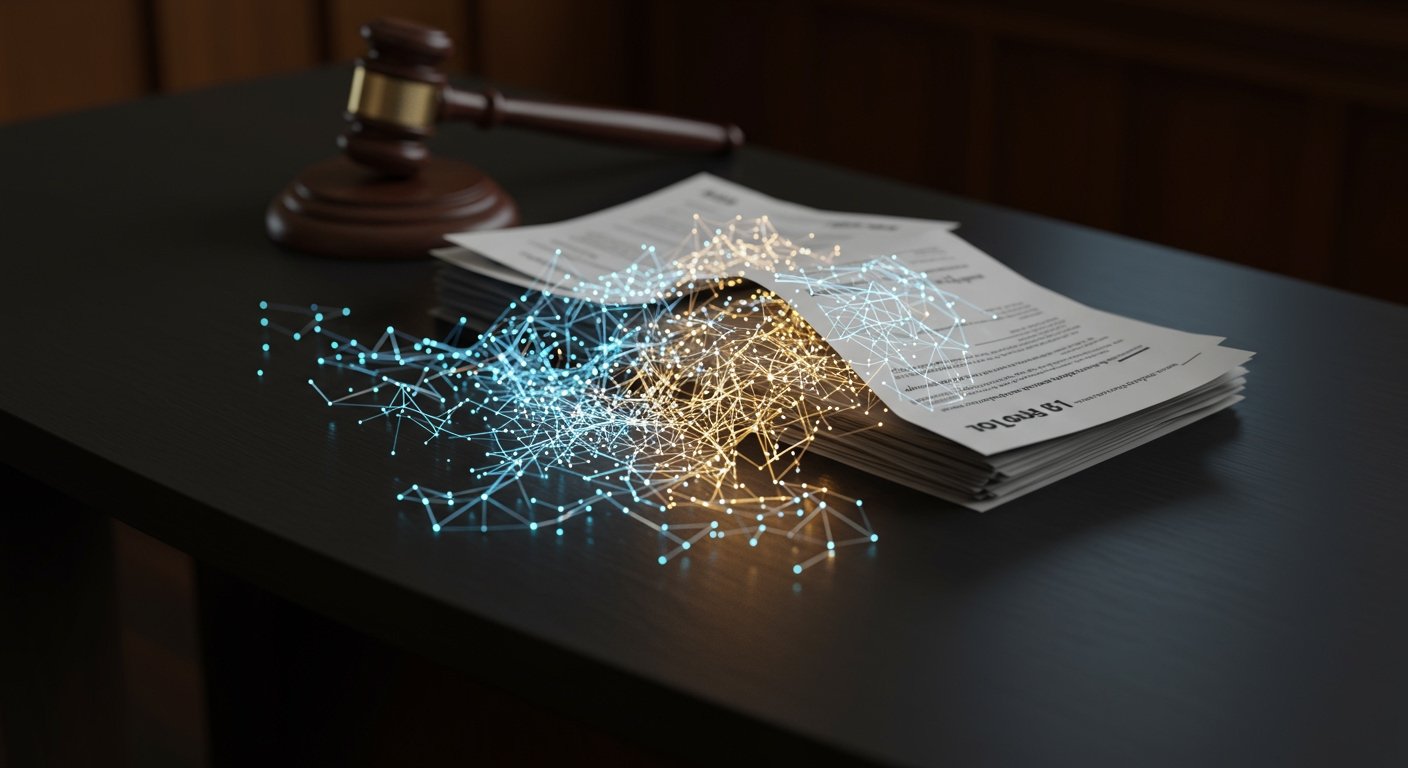CUPERTINO, CALIFORNIA – Technology giant Apple Inc. is confronting legal challenges following the initiation of a proposed securities fraud class action lawsuit by shareholders.
The complaint, filed on Friday, alleges that Apple misled investors by downplaying the time required to effectively integrate advanced artificial intelligence features into its widely used Siri voice assistant. The lawsuit posits that statements made by the company regarding its AI capabilities and timelines were potentially misleading, impacting shareholder decisions.
The Allegations Unpacked
At the core of the Tucker v. Apple Inc et al lawsuit are accusations that Apple did not accurately represent the developmental hurdles and timelines associated with incorporating sophisticated AI technologies into Siri. Shareholders contend that the company presented a more optimistic picture of its AI progress than was warranted by the internal development schedule and challenges.
Siri, first introduced in 2011, has become a key interface for millions of Apple device users, handling tasks ranging from setting reminders to answering complex queries. In recent years, as competitors have rapidly advanced their AI-powered assistants, scrutiny has increased on Siri’s capabilities and the pace of its evolution.
The lawsuit claims that Apple’s alleged downplaying of the integration timeline for advanced AI constituted a material misrepresentation that could have influenced the company’s stock price and investor confidence. Shareholders argue they were harmed by this alleged lack of transparency regarding a critical aspect of Apple’s future technological development.
Legal Context and Filing Details
The proposed securities fraud class action was filed in the U.S. District Court, Northern District of California. This court is a significant venue for complex litigation involving technology companies based in Silicon Valley.
A securities fraud class action is a type of lawsuit brought by a group of investors who allege they suffered financial losses due to misrepresentations or omissions of material information by a publicly traded company. Such cases often hinge on proving that the company made false statements or concealed crucial facts and that these actions directly caused the plaintiffs’ financial harm.
The filing on Friday signals the formal commencement of legal proceedings, though the case is still in its initial stages. For a class action to proceed, it must first be certified by the court, a process that involves determining whether the group of plaintiffs is large enough and whether their claims share common legal and factual issues.
Implications for Apple
While the specific details provided in the initial summary are limited to the core accusation regarding Siri’s AI integration timeline, the filing of a securities fraud lawsuit, particularly against a company the size and stature of Apple, carries significant implications.
Such litigation can be protracted and costly, demanding substantial resources from the company’s legal team. Beyond the financial burden, lawsuits alleging misrepresentation can also impact a company’s reputation and potentially shake investor confidence, even if the claims are ultimately dismissed.
Apple has heavily invested in artificial intelligence across its product ecosystem, from enhancing device performance to improving user experience through features like Siri and machine learning capabilities. The pace of AI innovation is a key metric closely watched by analysts and investors, seen as crucial for maintaining a competitive edge in the rapidly evolving technology landscape.
The lawsuit underscores the increasing importance of transparent communication from technology companies regarding the development and deployment of advanced AI. As AI becomes more central to products and services, investor expectations and regulatory scrutiny are likely to intensify.
Path Forward
Apple has not publicly commented on the lawsuit as of the filing’s announcement. The next steps in the legal process will involve Apple formally responding to the complaint. The case will then likely move through discovery, where both sides exchange information and evidence.
The outcome of Tucker v. Apple Inc et al could have ramifications not only for Apple but also potentially set precedents for how technology companies communicate their AI development progress to shareholders. Investors and the broader tech community will be closely watching the proceedings in the U.S. District Court, Northern District of California, to see how this challenge unfolds.




